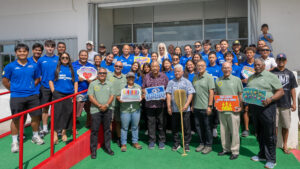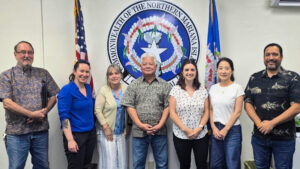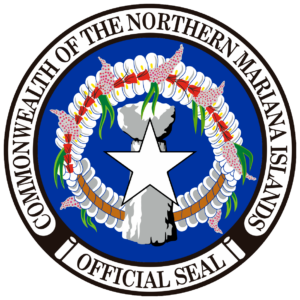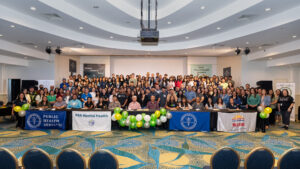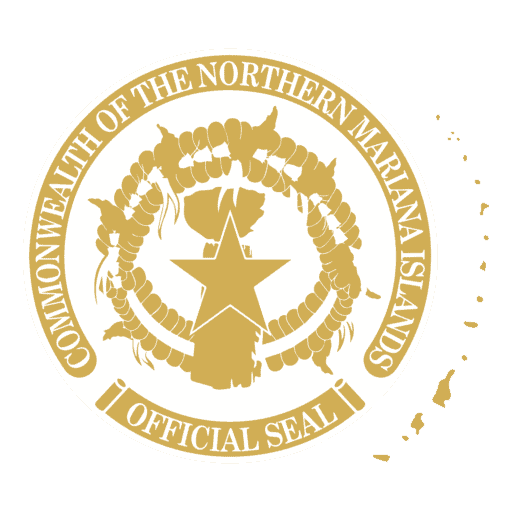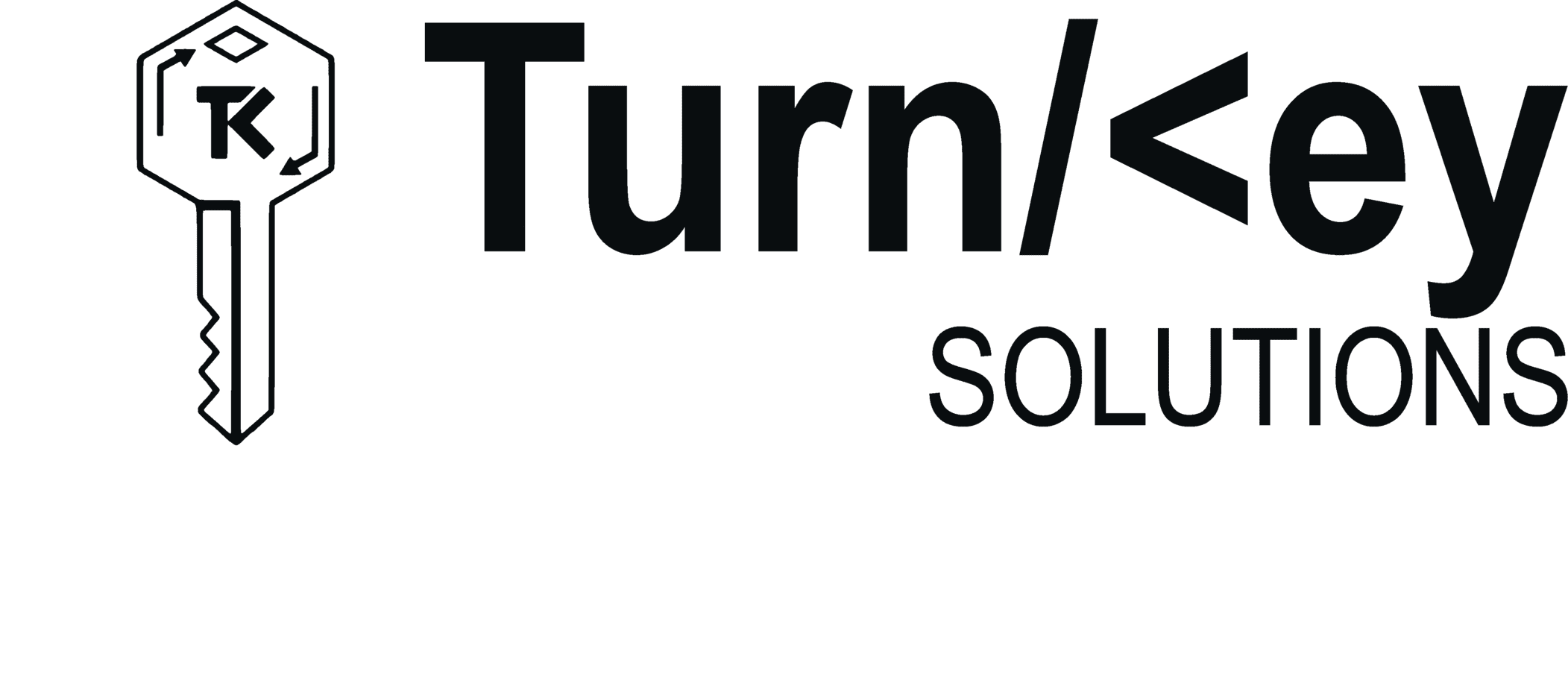Hafa Adai, Tiroow, and Good Morning.
Thank you Saipan Chamber of Commerce President Joe Deleon Guerrero, Executive Director Kim Camacho, Chamber members, and agencies who have contributed to organizing today’s Economic Forum. Thank you also for providing me the opportunity to discuss the economic challenges facing the Commonwealth today, and the path ahead.
You all know the dire state of our government’s fiscal affairs. It’s been covered extensively in local news and social media, and I don’t have to repeat it all here. When our administration took office six weeks ago, Lt. Governor Dave Apatang and I inherited massive budget deficits, and a government and economy in deep distress.
We commend the Chamber of Commerce for taking a step in the direction of using data-informed decision-making to help chart the Commonwealth’s course to economic recovery and resiliency. I look forward to hearing your recommendations and ideas.
One thing that is clear about the Commonwealth’s blueprint to economic recovery and development is this: IT CANNOT BE BUSINESS AS USUAL.
The challenges we face today require the entire Commonwealth as a whole — including government agencies, legislative leaders, private sector companies, nonprofit organizations, together with our partners in the federal government – to think outside of the proverbial box. An unprecedented crisis requires an unprecedented response.
Our resilience has been tested to its limits in recent years, by devastating typhoon disasters, a global pandemic, and now a financial crisis. Catastrophic events have a way of magnifying the cracks in our systems and vulnerabilities that were there before. These cracks and vulnerabilities include poverty. Aging and neglected infrastructure. A culture of government malfeasance. Mismanagement of resources and misalignment of priorities.
Dave and I are committed to working closely and collaboratively with our partners in the private, nonprofit, and government sectors, to accelerate our way towards a thriving and sustainable economy.
And although the Commonwealth is in crisis, we cannot continue to operate only in crisis mode, with short-term thinking. We must make decisions today that are mindful of the future, driven by data and a shared vision of what a thriving and sustainable economy means for our community.
Over the last six weeks, and in the weeks to come our administration has focused on establishing fiscal stability and accountability in our government, appointing qualified individuals to critical cabinet positions and agencies, and shoring up relationships with federal partners and our allies in the region.
I was in our nation’s capital a few days ago, speaking before the U.S. Senate Committee on Energy and Natural Resources and top level federal officials at the meeting of the Intergovernmental Group on Insular Affairs. I explained the path we are forging to fiscal, economic, and social stability in the Commonwealth. I acknowledged the rapidly shifting geopolitical sands affecting our entire Pacific region. I emphasized the vital role the Marianas plays in the security of our nation and America’s position in our region.
And, I asked for help. I sought technical assistance in auditing the Commonwealth’s federal and local accounts, and expanding our capacity for tax collections and enforcement. I asked for support in breaking bottlenecks in federal review processes to allow hundreds of millions of dollars in federally funded infrastructure projects to move forward. I urged for the passage of key legislative initiatives that have also been supported by this Chamber, including Congressman Kilili Sablan’s HR 560, the Population Stabilization Act, as well as amendments to the U.S. Workforce Act to repeal the touchback provision.
Here at home, our administration has been focused on identifying ways to streamline government processes, reduce costs, and improve the service experience and responsiveness of government. We are filling vacancies on critical boards such as Zoning and CUC, and insisting on the appointment of qualified individuals to positions of leadership and trust. We have mandated ethics training for cabinet members and employees across the executive branch. In the coming days, I will be directing our regulatory agencies to track and report on turnaround times for permit reviews and decisions, and to cross-train employees so that government services aren’t disrupted just because one person goes on leave.
We are also revisiting recommendations put forth during the Fiscal Response Summit held three years ago. The Chamber of Commerce played a key role in that Summit, and members from the public, nonprofit, and business sectors worked together to identify creative and practical solutions to the Commonwealth’s fiscal troubles, including specific ways to improve government efficiency, reduce costs, and raise revenue.
Looking ahead, we see tremendous potential in leveraging our relationships and our position in the region, to place the Commonwealth on the road to stability and prosperity.
As we pivot towards renewing and strengthening relationships with our federal partners and our allies in the region, we are pursuing opportunities to work together, government to government, to expand our reach in the Korean and Japanese tourism markets, and among military personnel and their families. The Commonwealth can be a regional hub for targeted educational programs – such as in the areas of healthcare and English language training. The Commonwealth can be a regional hub for shipping, using our Covenant and key federal policies to our advantage. And as we move closer to completion of a renewable energy feasibility study and a strategic energy plan for the Marianas in the next few months, the Commonwealth can become a leader in the region in transitioning to clean, renewable energy that will lower the cost of business and benefit all ratepayers.
We also want to make sure that the benefits of economic development are actually reaching our residents, and so we are supporting and expanding workforce development programs to include but not be limited to apprenticeships, skills training, and employment services. And because we know that small businesses are truly the backbone of a healthy local economy, I am announcing today that I am accepting nominations and letters of interest from individuals who wish to serve in a voluntary capacity on the first Governor’s Small Business Advisory Council. I want to be sure that I am hearing the voices and recommendations of our small businesses on the issues and policies that affect them, and by extension the wider economy.
We have faced challenges before, many of them monumental in scale. The people of the Marianas have always risen to the task of pulling together to overcome adversity, and ultimately, to thrive. Make no mistake, the path ahead will involve much sacrifice and hardship in the short term. But we will get to a better place if we keep our eyes and our thinking focused on the long term, and make decisions now that will benefit us all in the future.
I sincerely look forward to the discussions and recommendations that come out of this Economic Forum. Thank you again for this opportunity to speak before you today.


